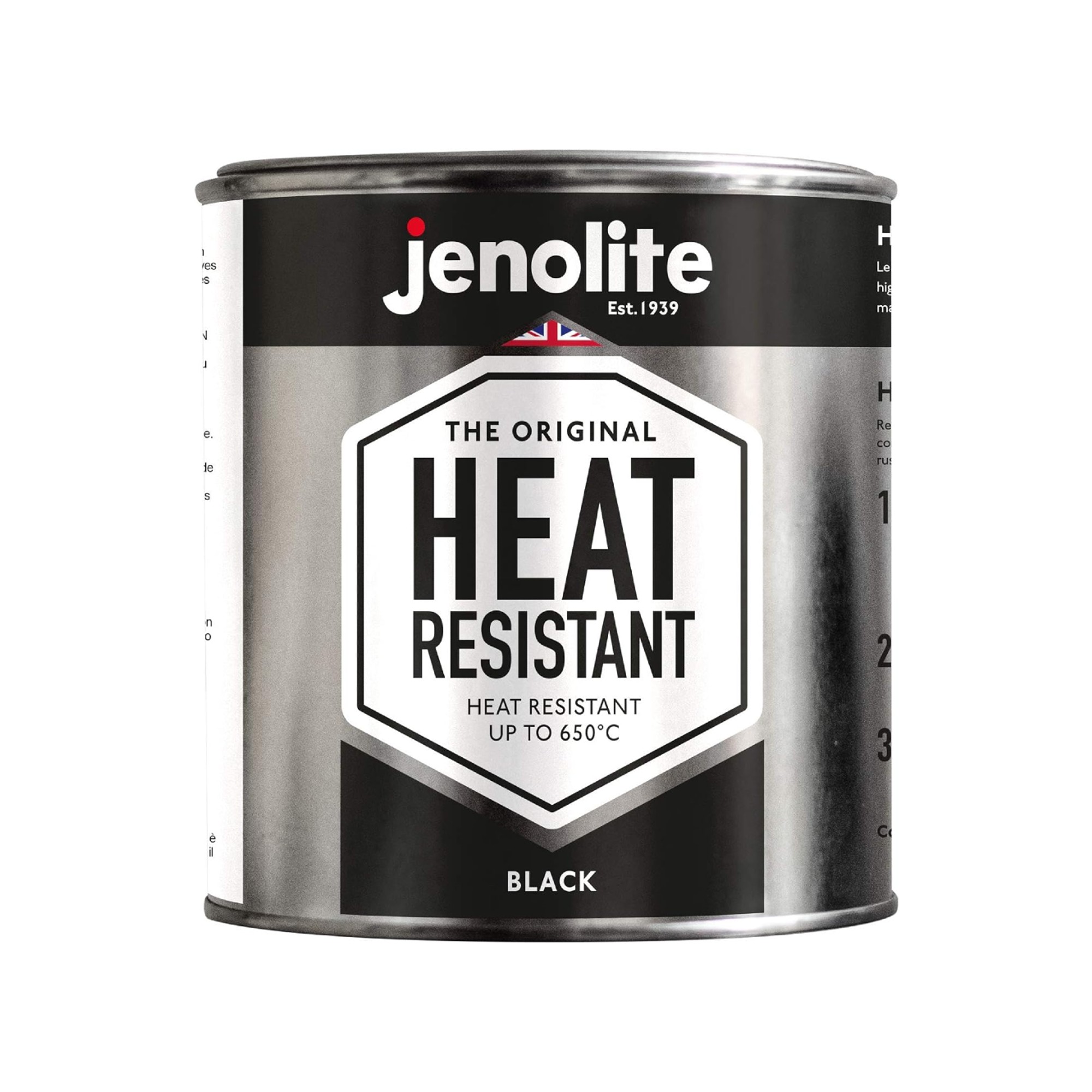How to dispose of small kitchen appliances properly – these are the 6 easy ways experts want you to know about
Declutter your home of unwanted kitchen appliances safely and sustainably
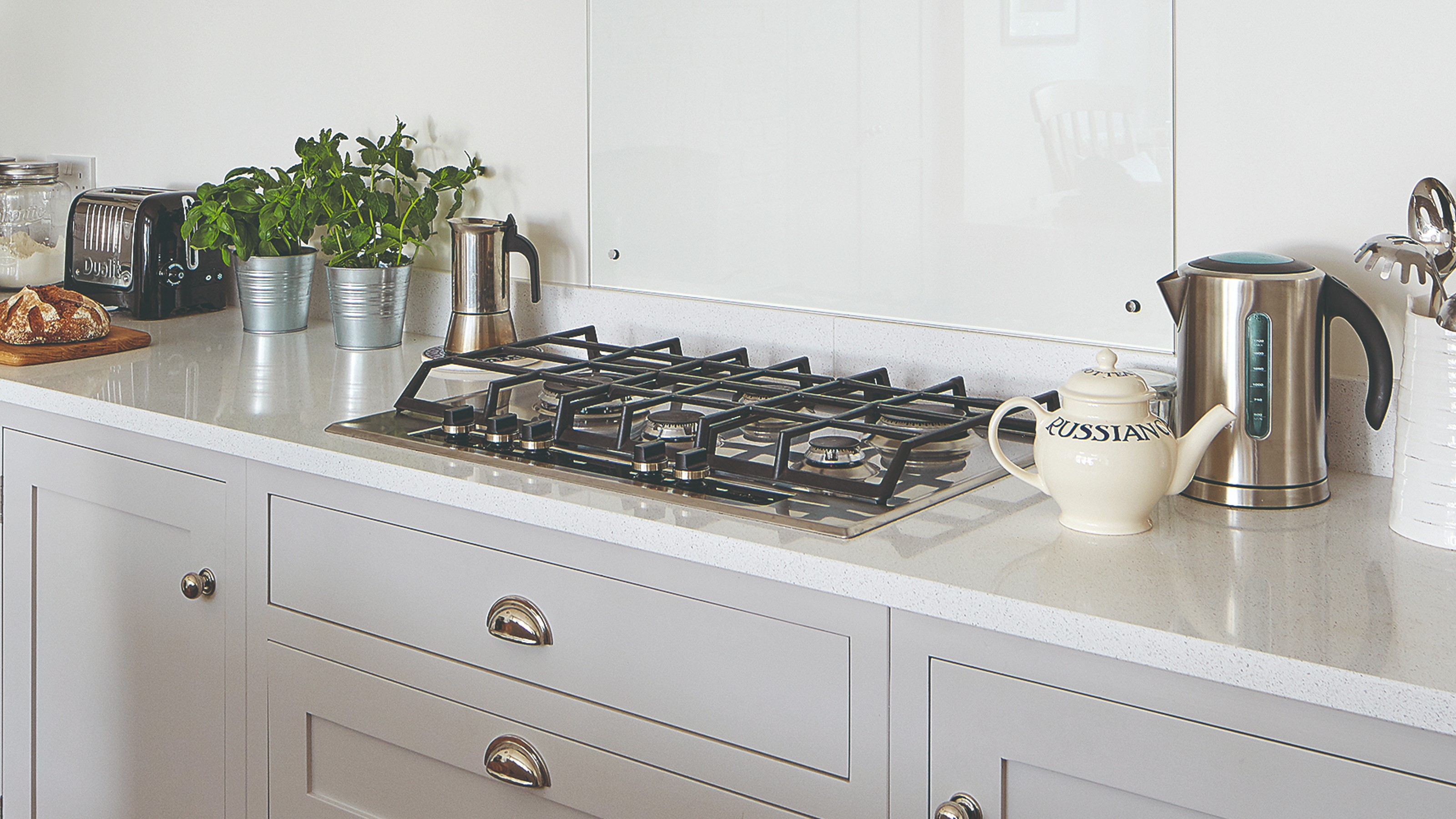

There are things we all know how to dispose of - paper goes in the recycling, food scraps go into the compost or food waste bin. But then there are other things that not many know how to get rid of properly - how to dispose of small kitchen appliances, for example.
Google searches are full of questions about how to dispose of unwanted kitchen appliances. It sometimes enough to put us off investing in the new best toasters or broken kettles if you're not sure how to get rid of them beyond throwing them in the bin.
So if you are one of the people asking those questions, we put together 6 expert-approved ways to solve the issue of what to do with small kitchen appliances once they’re past their prime.
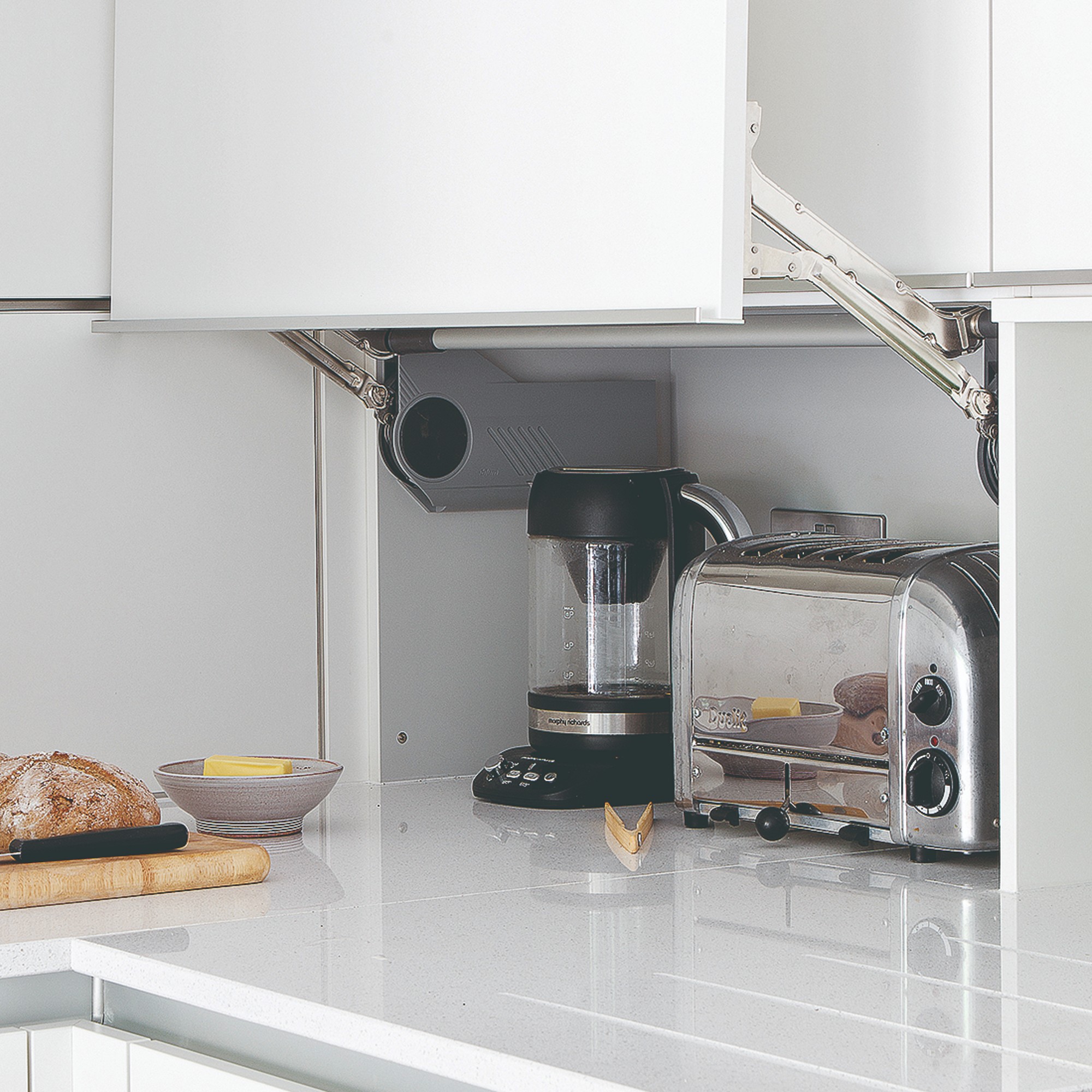
How to dispose of small kitchen appliances
‘Kitchen appliances that people no longer want are a major challenge for local councils,’ says Dr Adam Read, chief external affairs and sustainability officer at SUEZ recycling and recovery UK. ‘Some people may not be aware that the Waste Electrical and Electronic Equipment (WEEE) Regulations mean everyone has a responsibility to dispose of such products safely and ensure products are recycled, repaired or reused.’
So instead of adding to the current issue, why not be a force for change? And knowledge is power so if you’re swapping your old kettle for the best kettle of your dreams, then this is what you can do with the old model.

Dr Adam Read joined SUEZ recycling and recovery UK as Director of External Affairs in September 2017. He has more than 20 years’ experience in the waste sector as an academic, researcher, local authority officer and consultant. Adam is currently responsible for government liaison and working with UK and international trade bodies in the sector, sitting on a number of technical working groups with the ESA, CIWM and FEAD. In his previous role as a consultant, Adam supported local authorities (and their service providers) in reviewing their services, procuring solutions and considering alternative partnering models.
1. Upcycle it
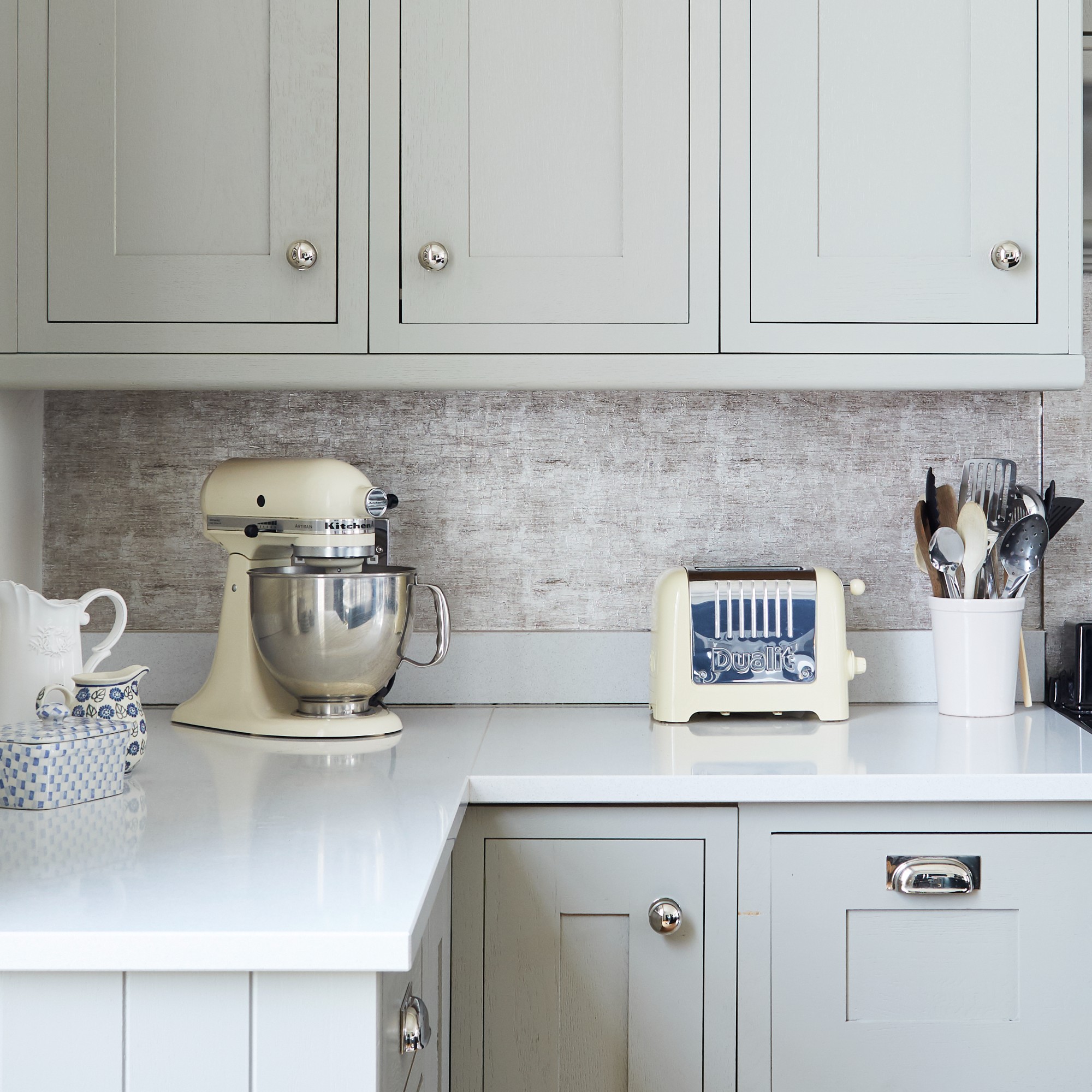
Did you know that you can paint or spray paint kitchen appliances? It was one of the biggest paint trends introduced last year. But it’s also a great way to give a scratched and tired-looking appliance a new lease of life so you don’t necessarily have to get rid of it – and if you do end up passing it on, then the next person will have a nicer looking appliance to work with. Just make sure you go for a heat-resistant paint, like one of the below.
‘One of the greenest ways you could put your old appliances to good use is to upcycle them,’ says Matt Ayres, appliance expert at RDO Kitchen and Appliances. ’For instance, if your dishwasher or refrigerator is still in working order but has seen a few scratches, a coat of paint could bring it back to life. If the surface is efficiently prepared, appliance owners will be able to transform their appliances with trending colours, patterns and more.’
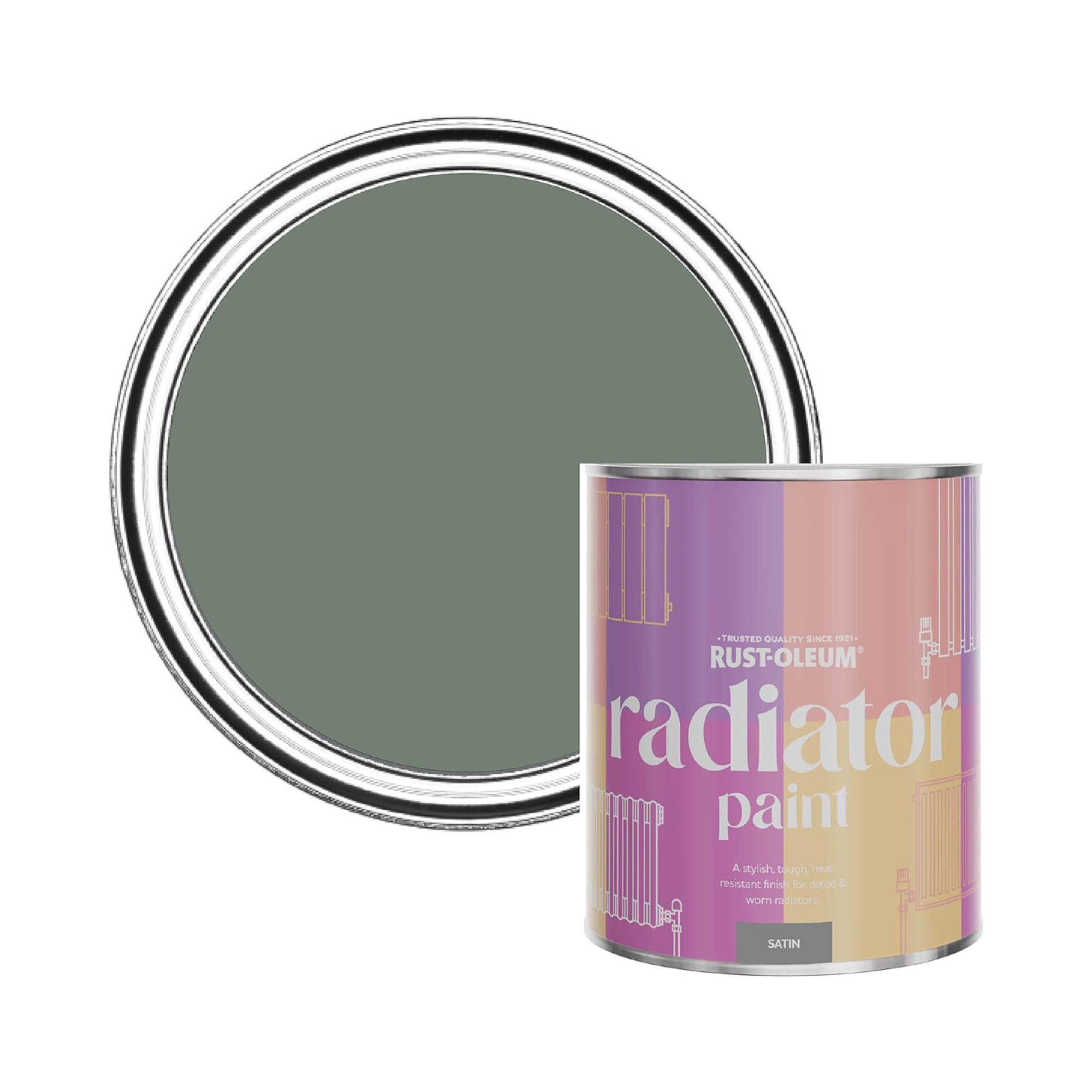
If you're looking for something a little more interesting than standard black or white, then this sage green shade is both a sophisticated and an on-trend colour.
2. Gift it to a friend or family member
If the appliance is still in working order, then why not gift it to a friend or family member?
‘As the saying goes, one man’s trash is another man’s treasure. If during your annual spring clean, you find that there is no need for a particular appliance anymore, consider gifting it away. You may find that gifting your toaster may become of extreme use for some. Gifting away to friends and family will allow these appliances to have a longer shelf life, reducing the mass consumption of appliances in the UK,’ Matt says.
And if no one in your immediate circle has any use for it, you can post it on apps like Olio or Facebook Marketplace and offer to give it away for free.
‘Utilise networks such as Freecycle or Facebook Marketplace to post your appliance available to collect for free. Your old appliance may find a perfect home in someone else's house, and you’ll be helping your local community,’ Matt adds.
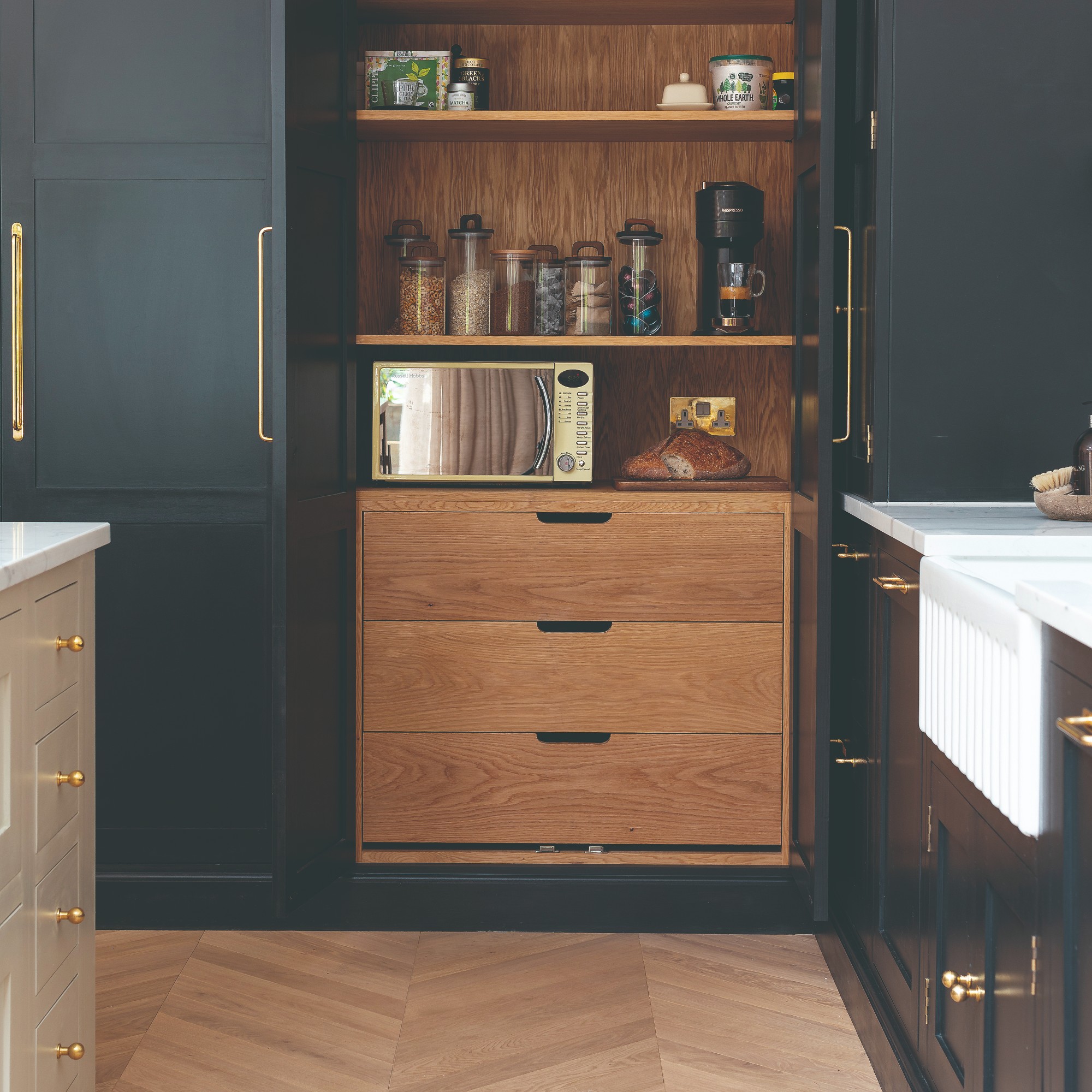
3. Sell it on
Sometimes we receive presents which we don’t need or are quite our style and taste. So if that’s the case, then the best thing to do is sell the appliance on.
‘If your chosen appliance is an unwanted Christmas present or is still relatively new, you may consider selling it on platforms such as eBay or Gumtree,’ Matt recommends.
4. Donate it to charity
‘If your unwanted kitchen appliance is still in working order, we encourage people to consider donating it to a local charity shop,’ Dr Adam says.
There are several charities that accept electrical appliances. And some even offer collections from your home.
‘Charities such as the British Heart Foundation and Red Cross accept appliance donations, and with some charities, you can even book a free collection, so they’ll arrange the transport of these. Charity networks such as the Reuse Network have a specific purpose within the community, ensuring that no one is left without a cooker and other household essentials. By utilising platforms like these, usable household items are diverted from landfill to low-income households,’ Matt explains.
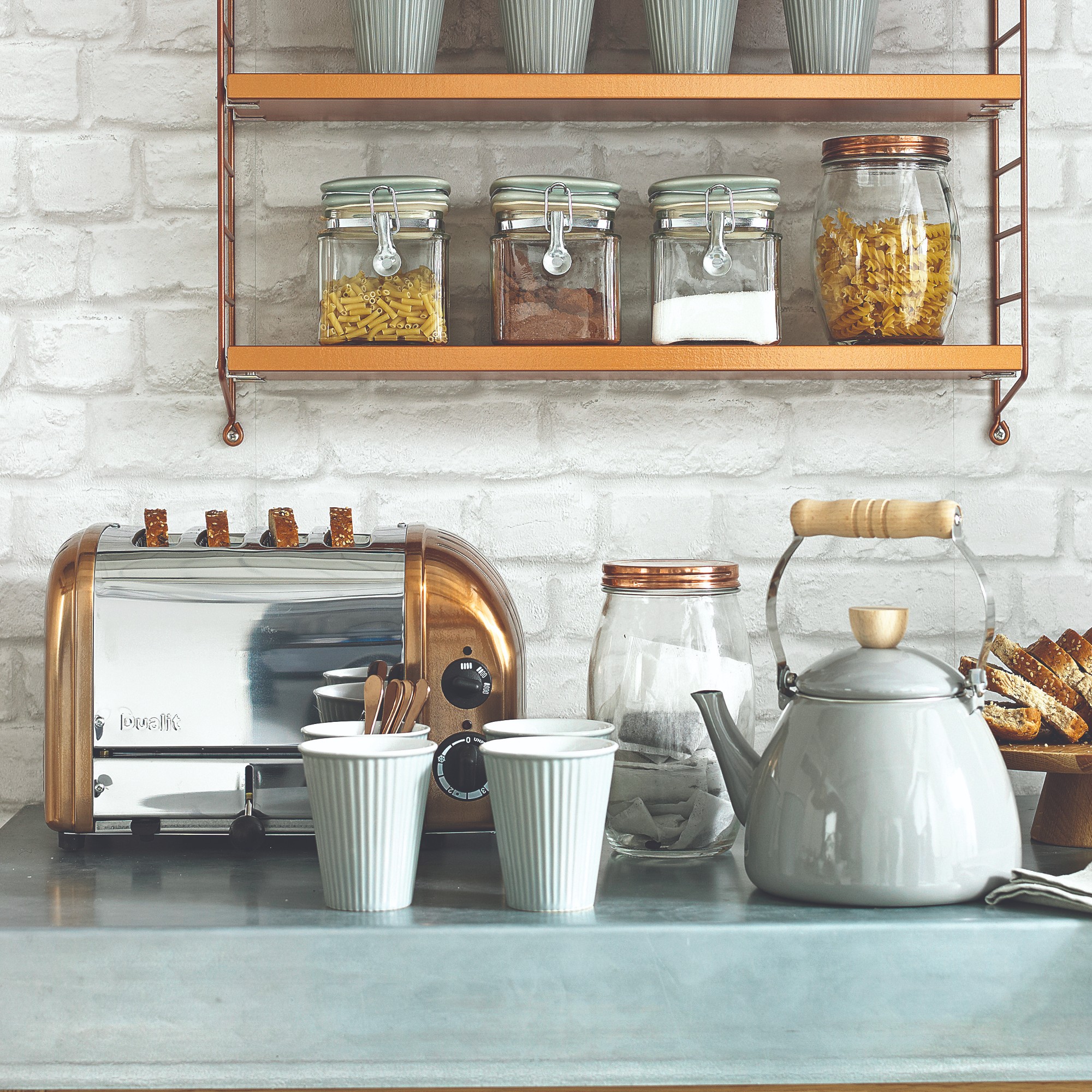
5. Take it to local household recycling centre
If your kitchen appliance is beyond rescue, then it’s best to take it to your local household recycling centre which your council is responsible for. The facility will store the appliance until it’s shipped onto ‘specialist recyclers who will dismantle them to recover any value,’ Dr Adam says.
‘The best way to dispose of it will be at a local household recycling centre, many of which now have recycling containers specifically for small appliances like kitchen equipment, so just ask on arrival or check the council’s website for details. It’s always worth checking with your local council whether they will collect larger appliances from you,’ he concludes.

6. Have a retailer recycle or refurbish it for you when buying a new one
If you are buying a new appliance to replace the old one, then you can often have the retailer you’re purchasing from accept or even collect the old appliance and they will either recycle or refurbish it. Hotpoint and AO.com are two of such retailers, among many others.
‘When we deliver a new appliance to a consumer's home, we will offer to remove the packaging for recycling free of charge,’ says Ian Moverley, UK communications & government relations director at Hotpoint. ‘For a small fee we will also offer to remove the old appliance and recycle it properly. For some products we may also refurbish them to give them a second life. In the last 10 years we have refurbished more than half a million appliances, saving them from landfill and providing a cost-effective option via our 3 outlet stores that are open to the general public.’
Gwil Snook, appliance expert from AO.com, continues, ‘AO offers a “collect and recycle” service that can be chosen by anyone, regardless of whether they have previously bought an appliance from AO. When customers choose this service, AO's team will collect old appliances from their home and transport them to its recycling centre in Telford.’
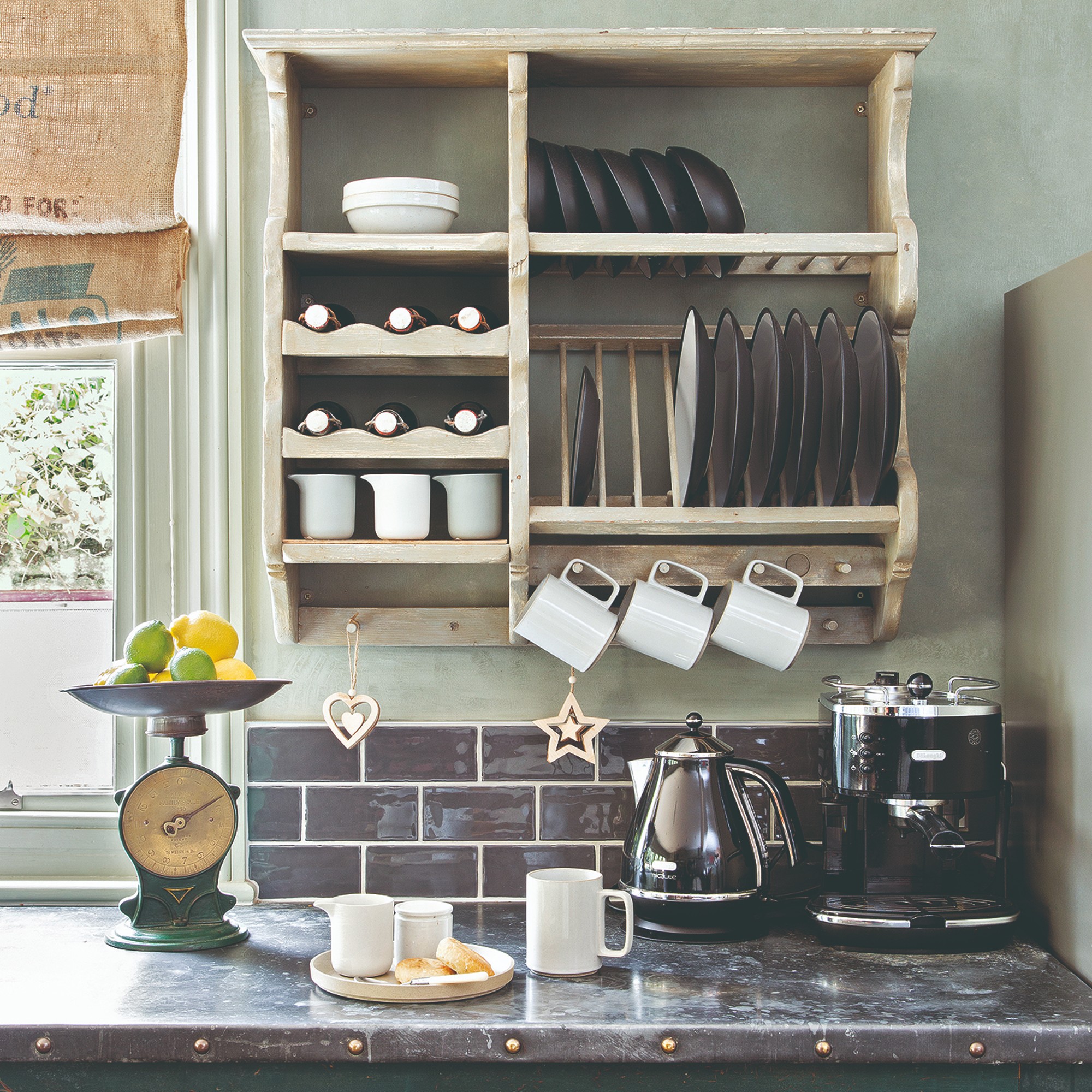
FAQ
Can I put electrical items in the bin?
Putting electrical items like small kitchen appliances in the waste bin is a big no-no.
‘Electrical items should never be put in standard waste bins, as they can contain hazardous materials as well as valuable components which should be recycled to minimise the environmental impact. Throwing away any product which contains a battery is also a real fire risk during collection and subsequent processing at our recycling sites,’ Dr Adam warns.
So please don’t do that! Just take your appliance to the recycling centre instead.
Get the Ideal Home Newsletter
Sign up to our newsletter for style and decor inspiration, house makeovers, project advice and more.

Sara Hesikova has been a Content Editor at Ideal Home since June 2024, starting at the title as a News Writer in July 2023. She is now also the Ideal Home Certified Expert in Training on Furniture, and so far has tested 80 different sofas.
Graduating from London College of Fashion with a bachelor’s degree in fashion journalism in 2016, she got her start in niche fashion and lifestyle magazines like Glass and Alvar as a writer and editor before making the leap into interiors, working with the likes of 91 Magazine and copywriting for luxury bed linen brand Yves Delorme among others.
-
 'I've now bought 3 different colours' – my favourite affordable linen bedding is currently half-price, and the 5-star reviews speak for themselves
'I've now bought 3 different colours' – my favourite affordable linen bedding is currently half-price, and the 5-star reviews speak for themselvesThe half-price linen bedding that owners can't stop raving about
By Amy Lockwood
-
 5 brilliant budget alternatives to paving slabs that won't cost the earth
5 brilliant budget alternatives to paving slabs that won't cost the earthLooking to pave your garden on a budget? Try these stand-ins...
By Sophie King
-
 Want to cook like Jamie Oliver? Here's the top-rated pan from his collection
Want to cook like Jamie Oliver? Here's the top-rated pan from his collectionJamie's collaboration with Tefal has led to this casserole dish getting the best user reviews I've ever seen
By Molly Cleary

